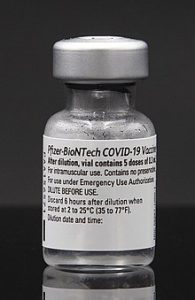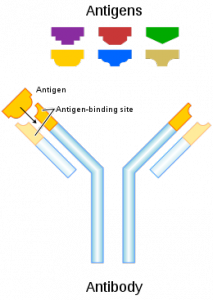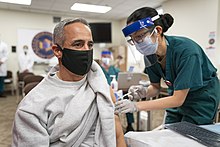

The Pfizer-BioNTech vaccine has a profound impact on the health of American citizens, ever since it was introduced on a commercial scale this year in the US. This finding has been published in the latest report of the esteemed Journal of Medical Economics.
The vaccine was introduced in the year 2021 in the US, and it became the most widely used vaccine against COVID-19 in the US. The vaccine has been successful in preventing 8.7 million cases of coronavirus. In fact, it was so effective that it prevented 690,000 cases of hospitalization and even about 110,000 deaths in the US.
The healthcare industry has been able to save more than 30 billion dollars due to this vaccine. Moreover, it has also prevented $ 40 billion in what could have been lost productivity of patients and people prone to developing coronavirus.
Pfizer-BioNTech was the first COVID-19 vaccine to have been made commercially in the US. In fact, almost six out of ten American citizens received this vaccine according to the Center for Disease Control, which is a leading public health agency in the US.
The market research study was conducted by authors who received funding from Pfizer. The authors were either employees or consultants of Pfizer. They used a real-world model to test the clinical trial data and estimate the number of cases with symptoms of COVID-19.
They also estimated the number of hospitalizations and deaths that could have occurred in the year 2021 if the vaccine had not been provided to these subjects. Moreover, they estimated the impact of these cases on the existing healthcare system and economy in general.
In the clinical trial model, the authors fed the following data: the number of people vaccinated, the efficacy of the vaccine according to different age groups, the probability of developing COVID-19, the symptoms developed, and the chances of being hospitalized.
The long-term effects of COVID-19 were also considered in the number of working days lost by the patient. The infection was classified as the leading cause of premature deaths, causing an economic burden on the country.
This research study has some limitations, which could have led to an underestimation of figures. The authors did not take into account the potential the vaccine had in reducing the transmission of COVID-19.
The severity of the cases was also not considered. Moreover, the authors did not measure the overall impact that long-standing COVID-19 cases had on the economy. The research model did not take into account the omicron variant of the COVID-19 as it emerged much later.





